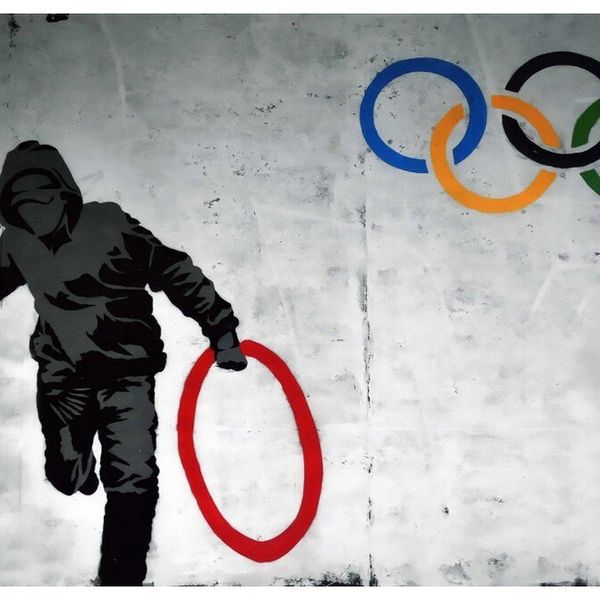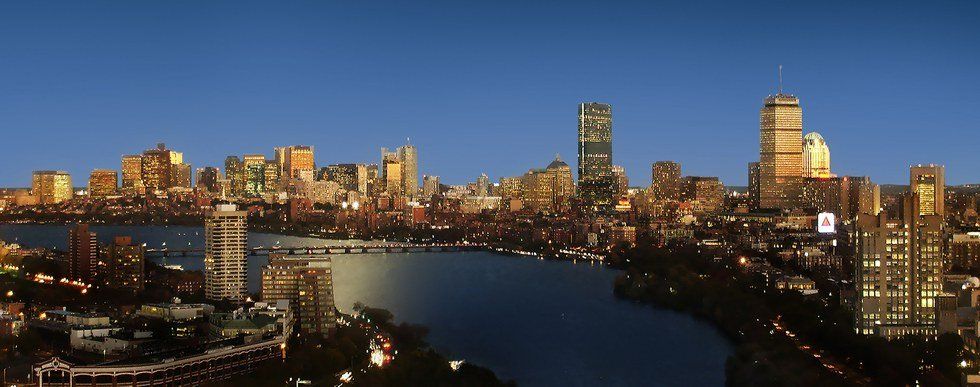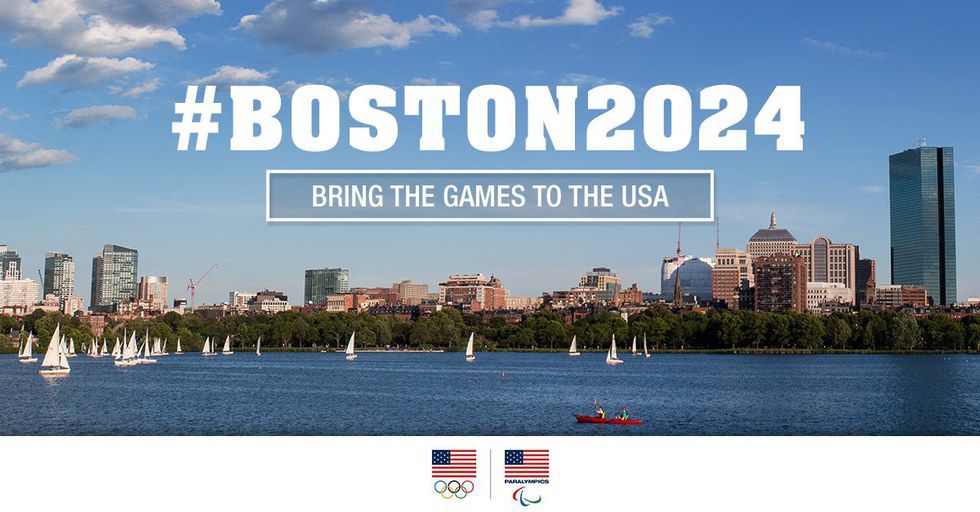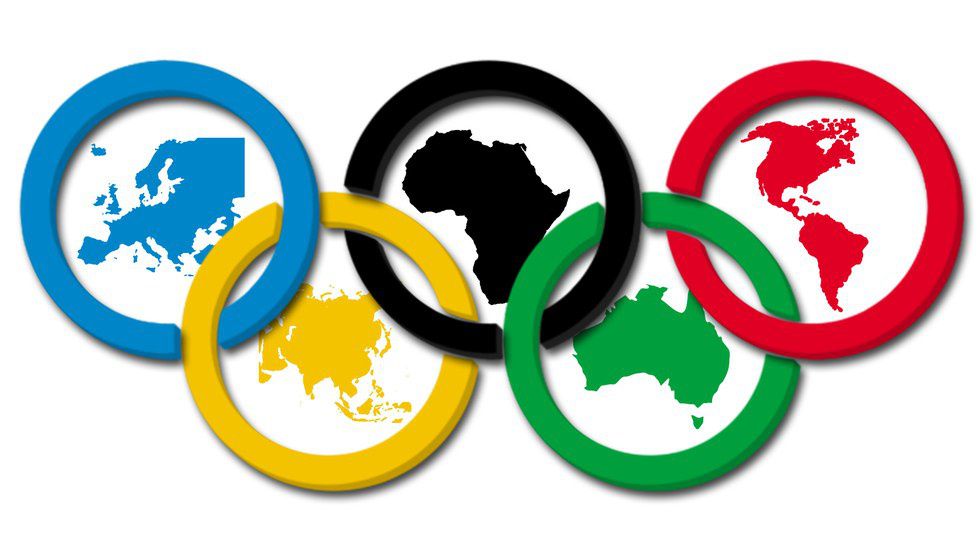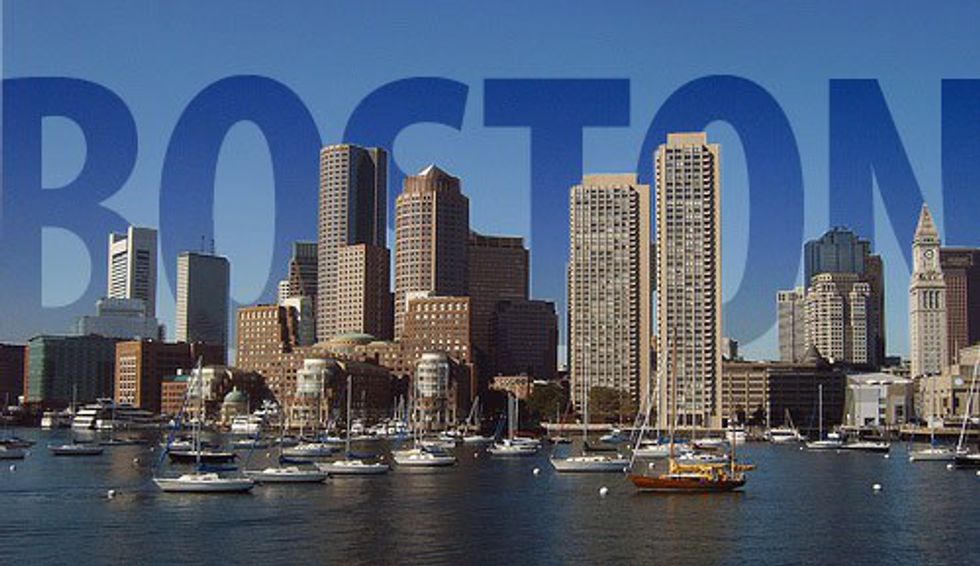Boston's bid to host the 2024 summer Olympics, which beat out Los Angeles, San Francisco, and Washington DC, was short lived and highly contested during it's brief heyday.
Supporters of the bid, who called themselves Boston2024, wrote on their website that the dream to host the Olympic games in Boston began back in 2012, between Corey Dinopoulos and Eric Reddy, two Massachusetts residents who had already been individually campaigning for Boston to become an Olympic host city before combining forces to create the Boston 2024 bid that was presented before the Olympic committee.
To understand the public's reaction to Boston's bid, it's important to first understand the complex process behind what it takes to create and have a bid accepted. The Olympic committee lays out each step that is taken to select and verify the city that will host the Olympic games, and the planning begins about ten years before the actual games take place.
First comes the invitation phase, where the National Olympic Committees declare their interest in bidding, and at the end of the invitation phase, each NOC officially presents a city that becomes the Applicant City.
The second part is the Applicant Phase, where each city that was previously chosen by their NOC puts forth a comprehensive plan concerning the costs, programs, and venues the city might have to tackle, should they be chosen to host the games. The cities then will submit answers to the International Olympic Committee's questionnaire, and once the questionnaires are analyzed, the cities chosen by the IOC become Candidate Cities.
The third, and final step in selecting a host city is called the Candidature Phase. The comprehensive plans put forth by the selected cities in the Applicant phase become blueprints for how the games would be held in the city. The questionnaires answered in the second phase are followed up with more extensive questionnaires, and finally the IOC conducts visits to the cities, where they observe what would happen behind the scenes of the games, where they tailor workshops specific to each city. Finally the IOC members vote by a secret ballot, which elects the host city that will definitely host the next Olympic games.
The group opposed to the Boston Olympic bid, known as No Boston Olympics, was equally as present in the planning for a Boston Olympic games, should Boston have won the bid. No Boston remained present to draw attention to the flaws of the plan and the general idea of having the Olympics hosted by a city as small and cramped as Boston is.
No Boston claims that Boston 2024 had no plan in the budget to fix the Massachusetts Bay Transit Authority (MBTA), which suffered a hard winter this past year, with numerous delays and snow blockages. It should also be included that Boston has the oldest subway system in the country, a system that has not received the necessary equipment updates and arguably would not have been able to accommodate the estimated 10,000 athletes and more than a quarter of a million spectators.
So why did Boston end it's campaign to host the summer Olympics? What caused the death of the bid? On July 27th, the United States Olympic Committee and Boston 2024 released a statement withdrawing Boston's Olympic bid, after Mayor Marty Walsh stated that he would not sign the host city contract because of any financial shortfalls that Olympic costs might spawn, a tab which would have had to be picked up by the city of Boston and it's taxpayers.
The dream of hosting the Olympics in Boston is not dead entirely, and several groups previously opposed to the Boston bid, including No Boston Olympics, have been reported saying that they are not completely opposed to a bid in the future, provided it was proven that the games would be beneficial to the city. Other groups, including No Boston 2024, stand firmly against any Olympic games ever being held in Boston, tweeting from their account, "The problem is not who is in charge of @Boston2024. The problem is that #Boston2024 exists. #pullthebid #NoBoston2024."


